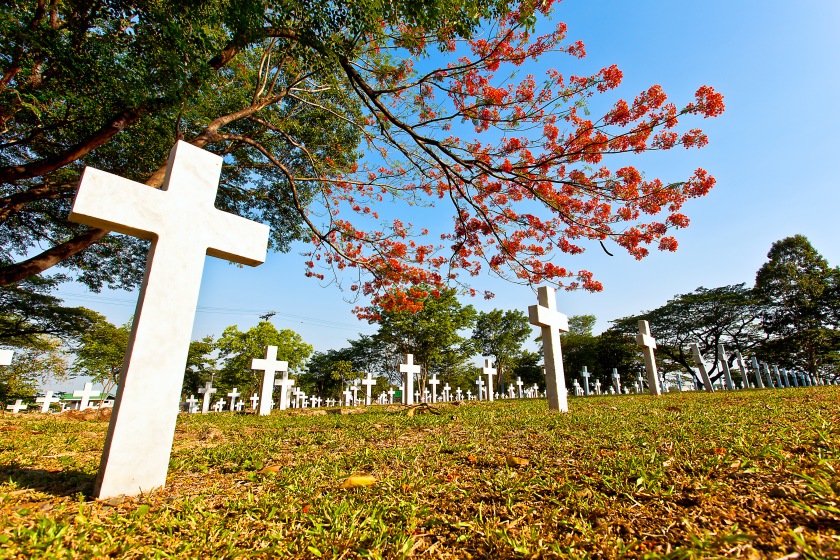Landscape and nation-building
How many of us are familiar with the stories of the Ifugao, the Tausug, the Talaandig, the Mangyan; of the history of Pampanga, Iloilo, Cotabato; of agriculture in the country and the rituals observed with fishing, or with the planting and harvest seasons? There are many provinces in the Philippines; there are many ways of life; indigenous peoples are Filipino and part of the nation-state. But apart from an awareness of some of these places as tourist sites; apart from remembering indigenous peoples through street names and even class sections in elementary or high school, we know little about them.






